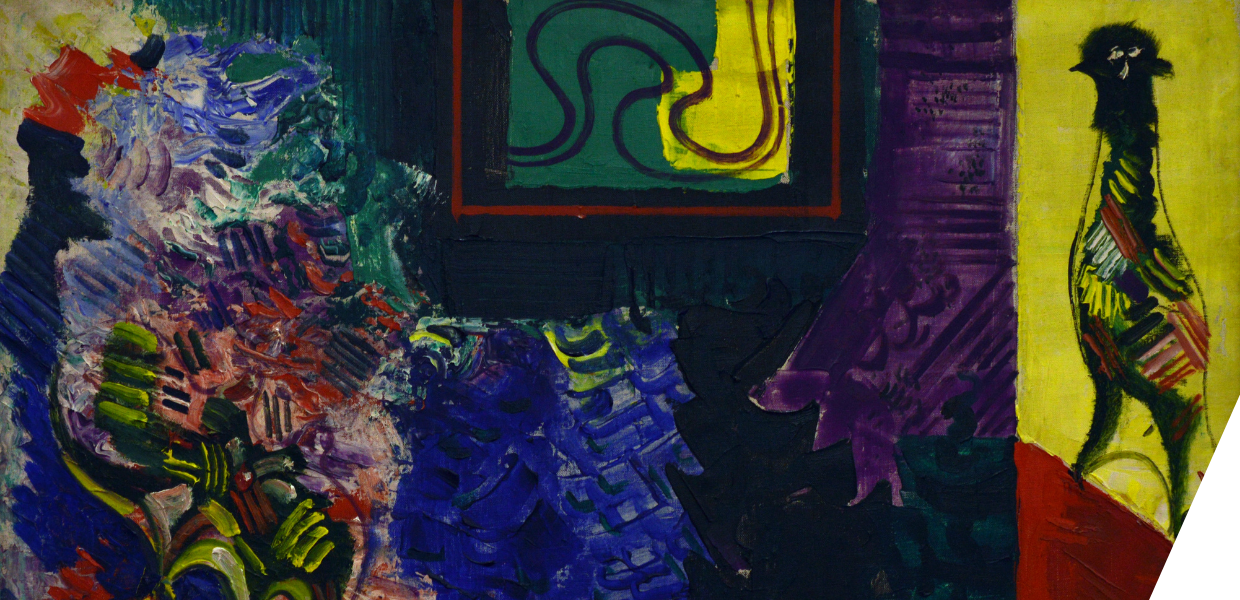About the Data Space for Cultural Heritage
The new European Commission Digital Europe Program foresees the creation and deployment of several data spaces, including a Common Data Space for Cultural Heritage. The latter is a new flagship initiative to provide support to the digital transformation of Europe’s cultural sector, and to foster the creation and reuse of content in cultural and creative sectors. It will build on the current Europeana platform and will expand the current functionalities, in particular in relation to 3D digitisation and reuse of digitised cultural resources as well as cross-sector and cross-border cooperation. The initiative will also align with the current Europeana Strategy 2020-2025.
The work related to the data space for cultural heritage will be implemented through two main work strands. The first work strand will focus on setting up and running the European Common Data Space for Cultural Heritage. The project will build on the current Europeana platform, and can therefore be seen as an extension of the current core service, and link to relevant European, national and regional initiatives and platforms to provide interoperable access to cultural heritage databases all over Europe. This first strand of work will be implemented via a call for tender which is expected to be published soon.
The second work strand will focus on digital capacity building in the cultural sector for its digital transformation and reuse of data, particularly at national level across Member States. This second strand will be implemented through grants and is described in the recently published DIGITAL-2022-CULTURAL-02 call - find more details about how you can apply below.
About the call
The aforementioned call will allocate €4 million EUR to project proposals that would run for a maximum of two years and address at least one of the following areas of contribution to the common European data space for cultural heritage:
Enriching Data, Tools and Services in the data space
Applications should propose ways to enrich the offer of data, tools and services available in the data space, such as access to high quality and high-value datasets, tools, technical knowhow references, knowledge sharing, and other services, with the objective to support digitisation, sustainability and online sharing of digital cultural heritage assets.
Artificial Intelligence and Machine-learning
The call also seeks proposals to use existing Artificial Intelligence and machine-learning systems to improve user-engagement and experience, such as the automatic translation of content or automatic metadata enrichment, improving multilingual aspects, providing adaptive filtering of cultural heritage assets or personalised recommendations.
Reuse and 3D
The call is also open to applications with a focus on the reuse of 3D digitised cultural heritage assets in important domains such as education, social sciences and humanities, tourism and the wider cultural and creative sector.
Other call highlights
The call strongly encourages participation from SMEs by offering a 75% funding rate. Contributions of all other types of participants will be funded by 50%. Furthermore, the call puts a greater emphasis on digital and green. Proposals will be evaluated regarding the extent they would reinforce and secure the digital technology supply chain in the EU and, also, the extent to which they address environmental sustainability and the European Green Deal goals, in terms of direct effects and/or in awareness of environmental effects. Finally, all project results are expected to be integrated into the data space for cultural heritage and thus relate to the Europeana Core Service Platform (more information on the integration here).
How to apply
If you are interested in submitting or contributing to proposals, Europeana Foundation might be able to bring you in touch with other network partners as well as contribute directly to your proposal. If you are interested in this, please reach out to Milena Popova (milena.popova@europeana.eu) by the latest 15 April 2022.
All applications must be submitted via the Funding & Tenders Portal Electronic Submission System by 17 May 2022, 17:00 CEST.
Take a look at the call text and consult EC Funding & Tender Portal FAQs and our list of FAQs for more information.



